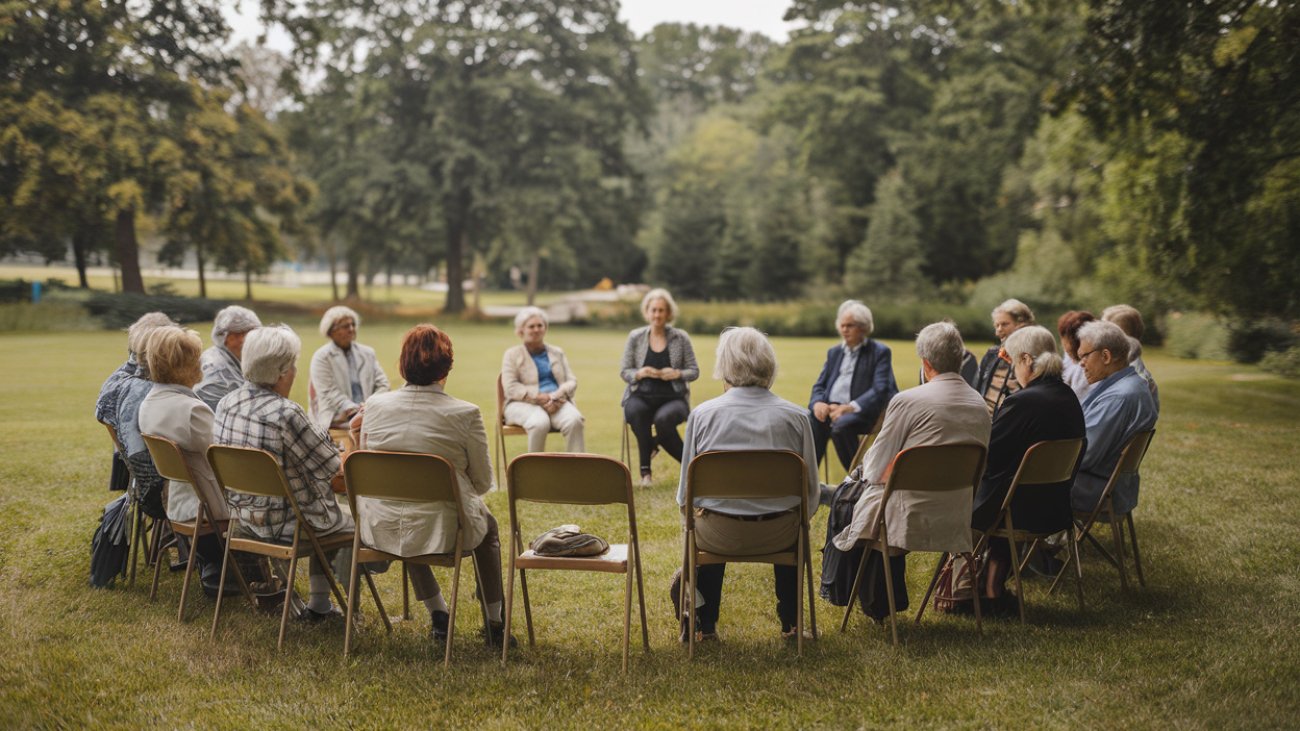As individuals age, maintaining mental wellness becomes an essential component of overall health. Older adults face unique emotional, social, and cognitive challenges that can significantly impact their psychological well-being. Recognizing these issues and implementing effective strategies to enhance mental wellness can improve the quality of life for seniors and provide them with the support needed to live fulfilling lives.
Understanding Mental Health Challenges in Older Adults
The mental health needs of seniors differ from those of younger individuals due to several age-specific factors, including:
- Social Isolation: Many seniors experience loneliness due to factors like retirement, loss of loved ones, or decreased mobility. Social isolation can lead to feelings of loneliness and depression, impacting overall mental wellness.
- Loss of Independence: Physical limitations and health concerns can reduce seniors’ independence, causing frustration, anxiety, and feelings of helplessness.
- Health Conditions: Chronic illnesses, pain, or conditions like dementia can exacerbate feelings of vulnerability and impact mental wellness.
- Cognitive Decline: As cognitive functions change with age, some seniors may face challenges like forgetfulness or difficulty concentrating, which can increase anxiety or depression.
Signs of Declining Mental Wellness
Identifying the signs of mental health challenges in older adults can be challenging. However, some common indicators include:
- Persistent sadness or anxiety
- Loss of interest in activities they previously enjoyed
- Difficulty making decisions or concentrating
- Changes in appetite or sleep patterns
- Feelings of hopelessness or guilt

Strategies to Enhance Mental Wellness in Older Adults
Promoting mental wellness in seniors requires a multifaceted approach that includes lifestyle adjustments, supportive interventions, and community engagement.
Regular physical exercise is beneficial not only for physical health but also for mental wellness. Physical activity has been shown to improve mood, reduce anxiety, and boost overall mental health. Activities like walking, swimming, or even gentle yoga can be incorporated into a daily routine to help seniors stay active.
Social connections play a crucial role in mental wellness. Encouraging seniors to engage in social activities, join clubs, volunteer, or spend time with family can help combat loneliness and foster a sense of belonging. Community centers, senior groups, and online platforms offer ways for older adults to stay socially connected.
Mindfulness practices, such as meditation and deep breathing exercises, can be particularly effective in managing stress, anxiety, and depression. These techniques help seniors remain present, which can ease worries about health or the future.
Regular mental health assessments are essential for early detection and intervention. Healthcare providers can help monitor mental wellness and provide referrals to specialized care if needed.
Mental stimulation helps keep the mind sharp and may reduce the risk of cognitive decline. Activities like puzzles, reading, learning new skills, or even engaging in hobbies can keep the mind active and provide a sense of accomplishment.
Family members and caregivers play a vital role in supporting mental wellness. They can provide companionship, encourage activities, and create a supportive environment that fosters mental health.
Healthcare professionals, particularly those specializing in geriatrics, play a critical role in identifying and treating mental health challenges in older adults. Regular check-ins, assessments, and providing resources can make a significant difference in improving mental wellness.
